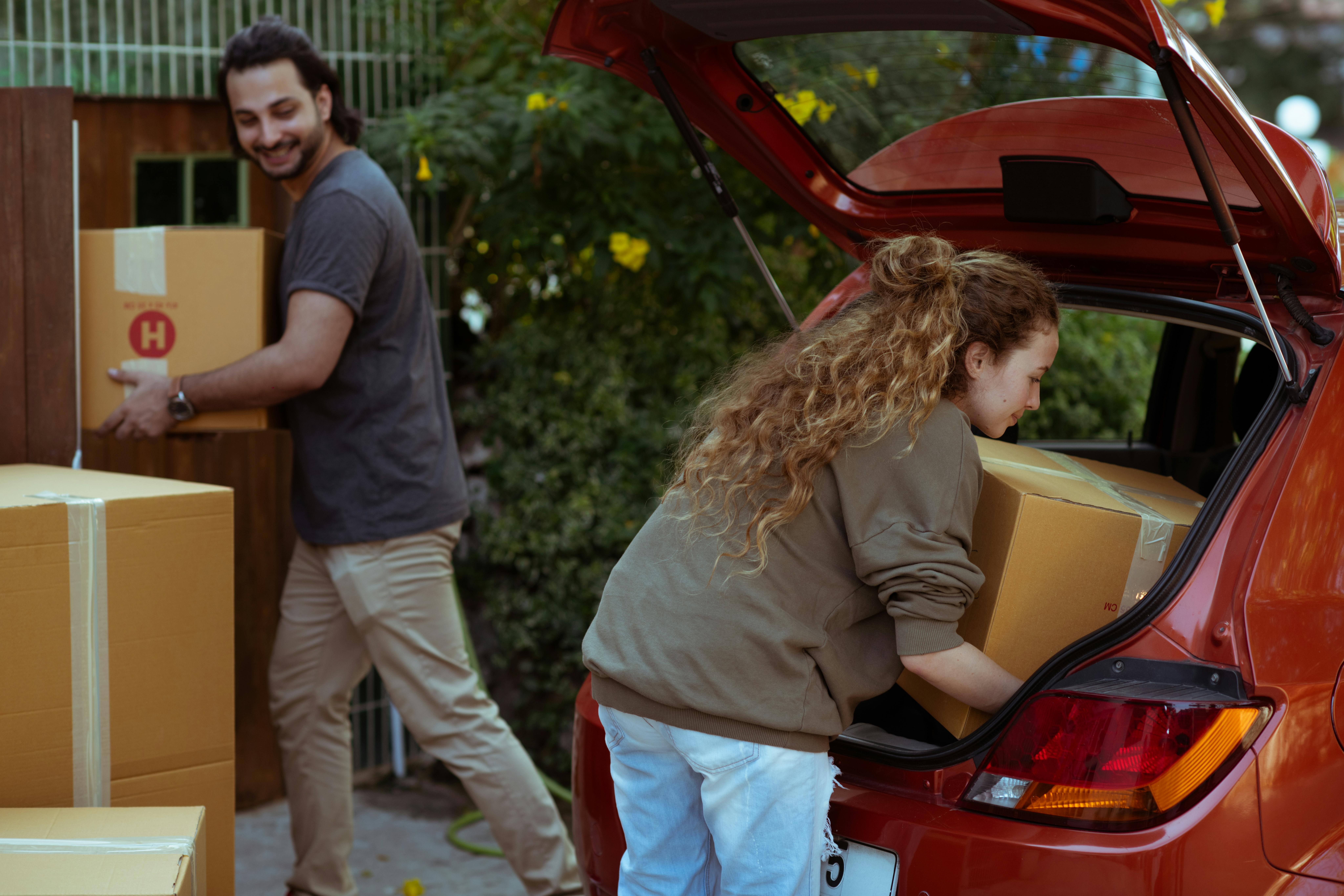If you’ve ever been shopping for bristle dart boards online, you’ve probably found more options than Lady Gaga costumes! What makes one bristle dart board better than another? Well, for starters, don’t buy a dartboard made of bristles or pig hair. That practice was abandoned long ago in favor of a new material, sisal fiber, a plant grown in warm climates. The advantage of using sisal fiber is that it has self-healing properties that close the hole after the dart is removed. This greatly extends the life of the board. Most traditional dartboards made today are made of sisal fiber. You might find some cheap boards made from rolled paper, but since sisal has become so popular and affordable, there’s no reason to go for inferior materials like rolled paper just to save a few bucks. So make sure it’s made of sisal fiber.
The next big difference is the spider, which is the strips that divide each section. Again you will find some cheap boards with a plastic spider. Stay away from those. Most of today’s traditional tables have a metal spider and it is well worth the little more money it costs. Now for the spider, the thinner the splits and the fewer staples holding them down, the better. This way your dart is less likely to hit the wall or a staple and ricochet. At the bottom of the line we have spiders made of rounded wire and many staples that hold it to the board. An improvement to this is the use of triangular or diamond-shaped wire which helps deflect the dart towards the dartboard, thus reducing the number of ricochets. The best examples, like the Viper Razorback, use a thin, knife-blade-like wire embedded directly into the surface, completely eliminating the use of staples that sometimes get in the way. Also look for a staple-free dartboard, a feature no longer limited to top-of-the-line models, but found on intermediate-level models as well. Nodor was the first company to offer a stapleless dartboard, which Nodor calls the Supabull, and Nodor’s Supamatch Bristle Dart Board comes with the latest version of this innovation, the Supabull II, which features sloped edges to guide the dart onto the target. for increased scores.
A very important feature for longevity is the movable number ring. Have you heard of rotating your car tires for more even wear? The mobile number ring works on the same principle. On the cheap models, you’ll find all the numbers printed right on the dartboard, which in itself isn’t bad. The problem is that some dart games use only certain sections of the playing surface, not the entire board. For example, Cricket uses only the numbers 15-20. So if you play a lot of Cricket, you’ll find that over time sections 15-20 will start to look a bit rough, even with backboards made of self-healing sisal fiber. Eventually those sections will wear out completely, while the rest of the playing surface will look practically new. If only there was a way to reallocate the numbers 15 through 20 to those unused portions. It would be like having a new dartboard again. The solution was the mobile number ring. This would allow the owner to rotate the board regularly, say once a month, and still keep all 20 on top. Now each number has been reallocated to a new section of the playing surface, giving players a cleaner, less used area to play. This brilliant feature allows for much more even wear and helps extend the life of the board much longer than one without a movable number ring.
Long story short, make sure you choose a board made from sisal fiber because they last longer in heavy games. Look for a dartboard with the thinnest metal spider and the fewest staples for fewer bounces. And to get the most out of your dartboard’s lifespan, look for a movable metal number ring so you can rotate the board regularly for more even use.
There you go. Keep these key factors in mind when shopping for a new bristle dart board and you’re bound to come out a winner!
